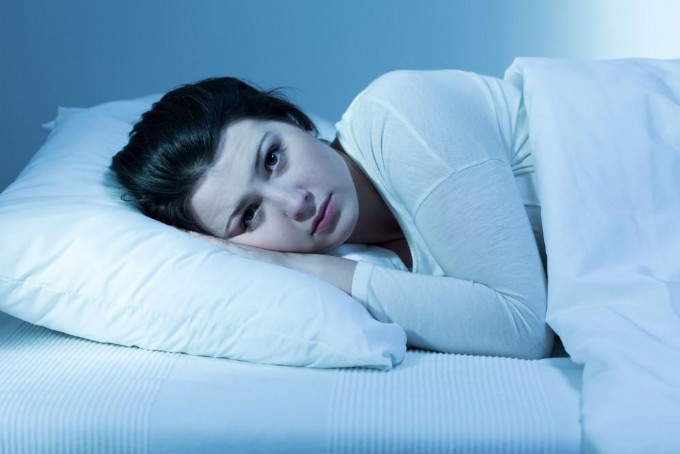Celebrities
Can Diet Improve Sleep? Foods That Support Healthy Sleep
Registered nutritionist Gabi Zaromskyte explains that the relationship between diet and sleep is a two-way street. "What we eat and drink affects our sleep, but also, the quality and duration of sleep can affect our food choices," she says. "Scientific research has increasingly shed light on the significant impact of dietary choices on cognitive function, mood, and overall physical and mental health."

Zaromskyte, the founder of Honestly Nutrition, highlights that certain dietary patterns and specific nutrients can influence the sleep-wake cycle, sleep latency (the time it takes to fall asleep), and sleep architecture (the different stages of sleep). She also emphasizes that the quality and timing of our food and beverage intake can impact the production of sleep-regulating hormones, such as melatonin, which plays a critical role in regulating our sleep-wake cycle.
Dr. Maja Schaedel, co-founder of The Good Sleep Clinic, adds a word of caution. While certain foods may be higher in melatonin, it doesn't necessarily mean they will help you fall asleep quicker. Other factors, such as sleep habits and routines, also play a crucial role. Dr. Schaedel advises having your evening meal at least two hours before bedtime to avoid indigestion and spikes in blood sugar and body temperature.
For those who feel peckish later in the evening, Dr. Schaedel suggests a snack about an hour or two before bed. Ideally, the snack should be high in protein, such as Greek yogurt or nuts, and low in complex carbohydrates to avoid fluctuations in blood sugar levels.
It's also important to avoid foods that can trigger discomfort and interfere with sleep, such as fatty and spicy foods, alcohol, caffeine, and tobacco, according to Lisa Artis, deputy CEO of The Sleep Charity.
Latest News
Registered nutritionist Gabi Zaromskyte explains that the relationship between diet and sleep is a two-way street. "What we eat and drink affects our sleep, but also, the quality and duration of sleep can affect our food choices," she says. "Scientific research has increasingly shed light on the significant impact of dietary choices on cognitive function, mood, and overall physical and mental health."

Zaromskyte, the founder of Honestly Nutrition, highlights that certain dietary patterns and specific nutrients can influence the sleep-wake cycle, sleep latency (the time it takes to fall asleep), and sleep architecture (the different stages of sleep). She also emphasizes that the quality and timing of our food and beverage intake can impact the production of sleep-regulating hormones, such as melatonin, which plays a critical role in regulating our sleep-wake cycle.
Dr. Maja Schaedel, co-founder of The Good Sleep Clinic, adds a word of caution. While certain foods may be higher in melatonin, it doesn't necessarily mean they will help you fall asleep quicker. Other factors, such as sleep habits and routines, also play a crucial role. Dr. Schaedel advises having your evening meal at least two hours before bedtime to avoid indigestion and spikes in blood sugar and body temperature.
For those who feel peckish later in the evening, Dr. Schaedel suggests a snack about an hour or two before bed. Ideally, the snack should be high in protein, such as Greek yogurt or nuts, and low in complex carbohydrates to avoid fluctuations in blood sugar levels.
It's also important to avoid foods that can trigger discomfort and interfere with sleep, such as fatty and spicy foods, alcohol, caffeine, and tobacco, according to Lisa Artis, deputy CEO of The Sleep Charity.

Jennifer Lopez looks ageless in a towel in no-makeup video

Amanda Holden spanks her derriere and thanks Spanx

Amanda Holden shows off more than bargained as she dances around in her outfit of the day

Meet Harley Cameron, the stunning model who went from a BKFC ring girl to become a pro wrestler and found love

GreenGirlBella, Rocks Emirates Stadium in Painted Home Kit

Amanda Holden calls herself a 'good girl' in white dress with 'cheeky' split

Mum slammed by parents after flashing thong in school run outfit

Lottie Moss makes jaws dropp as she shows off her flawless body

Amanda Holden wears nothing beneath plunging white dress












Comments
Written news comments are in no way https://www.showbizglow.com it does not reflect the opinions and thoughts of. Comments are binding on the person who wrote them.